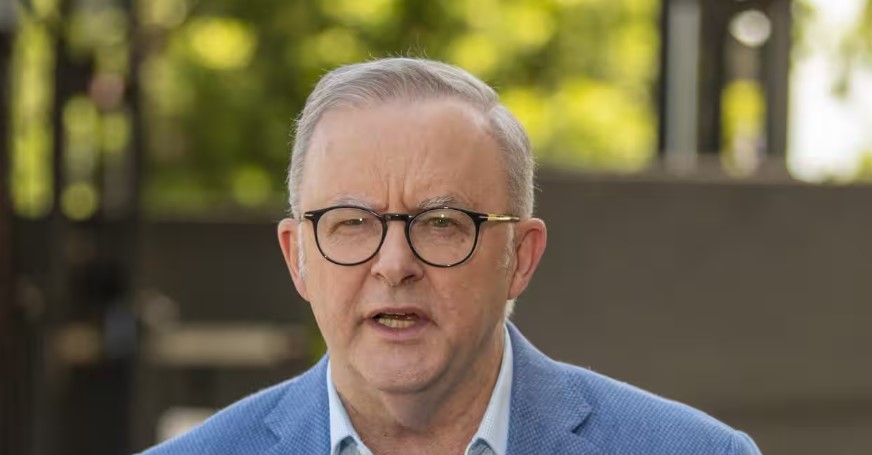Australia is going to introduce law that bans social media for children under 16
3 min read
Anthony Albanese
The Australian government has unveiled landmark legislation that would place a 16-year age limit on social media access, banning children younger than that from using X, TikTok, Instagram, and Facebook. The new law, according to the Prime Minister Anthony Albanese, is designed to deal with the developing challenges the nation faces regarding the harm caused by social media on young people.
Social media is doing harm to our kids, and I‘m calling time on it,” Albanese said on Thursday.
The bill will be brought before Parliament in the final two weeks of the current session, which commences on November 18. The age restriction would then take effect 12 months later, to allow time for the social media platforms to develop ways of blocking access for children under 16.
I have talked to thousands of parents, grandparents, aunties, and uncles, and they are worried sick about our kids’ online safety, just like I am,” Albanese said.
This announcement follows a spate of governmental moves around the world over the means to protect young people from some of the risks of digital platforms: online bullying, exploitation, and mental health.
This new law makes the social media platforms liable, in case of breach of the age limit, but not for the underage children or their parents. The platforms compulsorily have to prove that they are taking “reasonable steps“ to stop children below 16 years of age from using their services.
Meta, Facebook‘s and Instagram‘s parent company, said it would adhere to the age limits but wanted wider discussion on how effective protections could be applied. Antigone Davis, Meta‘s head of global safety, spoke about how merely setting an age limit without other safeguards in place can fall short of the real concerns. She says that the better tool is improved parental control within the app stores and operating systems themselves.
X and TikTok, in turn, declined to comment on the proposal.
![]()
The Digital Industry Group Inc., an advocacy group for Australia‘s digital industry, assaulted the age limit as a “simplistic, outdated solution“ to modern challenges. DIGI Managing Director Sunita Bose said what is actually required is “a balanced approach“ to develop appropriate age-based channels and ensure digital literacy rather than “cutting off” access altogether.
Meanwhile, more than 140 scholars of technology and child welfare from all parts of the world signed an open letter opposing the age limit as being too broad a measure to catch the risks effectively.
Other concerns have been pointed out by some experts in youth mental health, including Jackie Hallan from ReachOut. Hallan said a large proportion of young Australians seek mental health support through social media. A blanket ban might drive the issues underground, making it even more difficult for young people to seek help.
However, child psychologist Philip Tam opposed this, saying that a more realistic and achievable age limit would be one of 12 or 13, adding that the ban may just have the effect of encouraging children to break the rules, driving the problem underground.
This will further place them at risk of added burdens placed upon their families as a result of the children being taken away from their online communities, warned Associate Professor Faith Gordon of Australian National University.
That means that there would be some exemptions, such as children using social media for educational purposes, but otherwise, the procurement of consent from parents would not allow access to individuals below 16.
The Australian government began trialing age-restriction technologies earlier this year. The eSafety Commissioner will police compliance. “The one-year grace period provides for a practical implementation of the age limit,” Communications Minister Michelle Rowland said.
There needs to be increased penalties to ensure compliance,” Rowland said, adding any company operating in Australia-irrespective of where that company is based-would have to comply with the new legislation or otherwise face the penalty.
The opposition party has given general support to the age limit; though a legislator named Paul Fletcher mentioned that platforms are already capable of introducing such restriction with the help of their technology.
It‘s not a question of whether or not these platforms can technically do that; it‘s a question of whether they‘re willing to go to that, and are they willing to incur the costs,.







